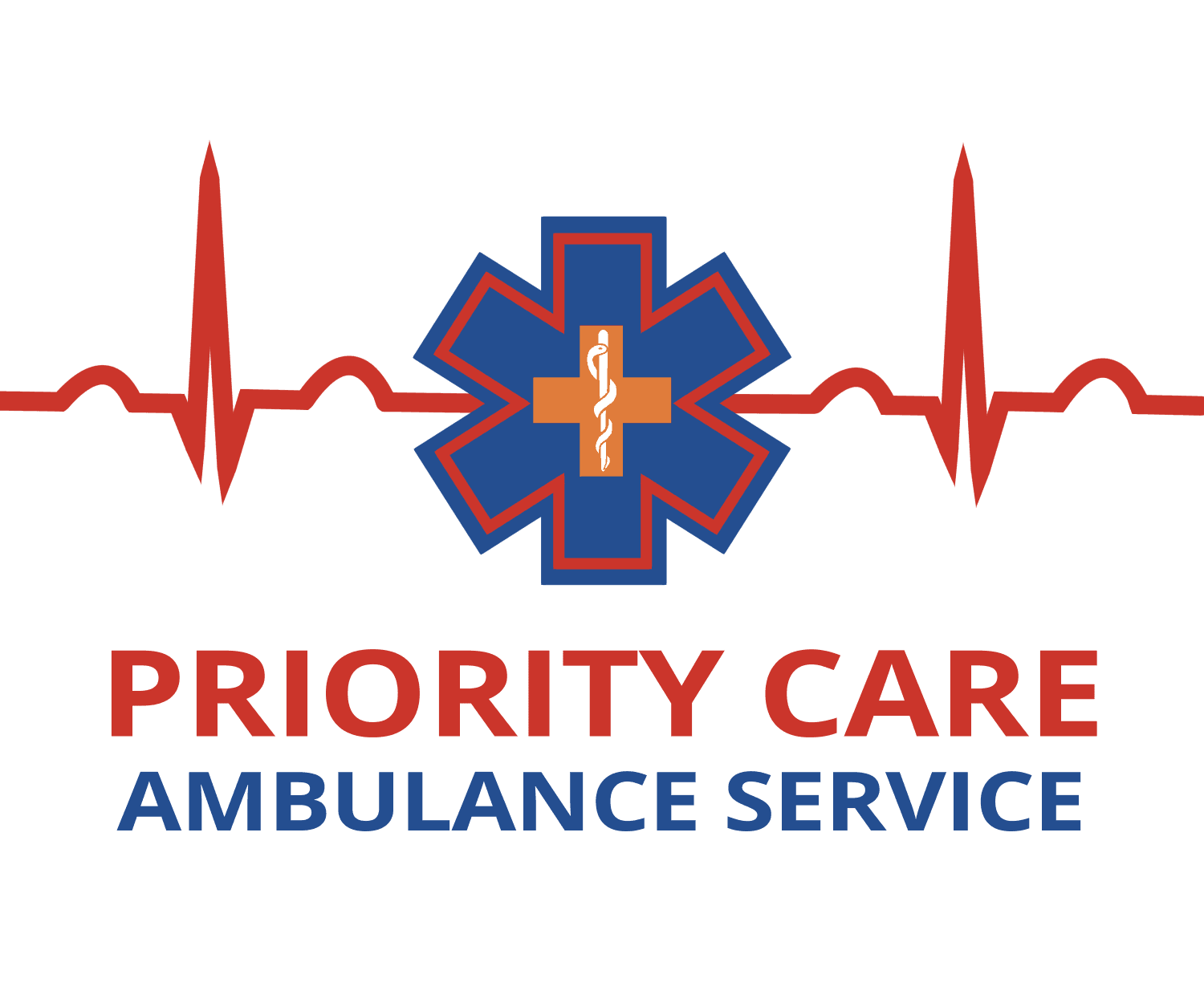Preparing for Non-Emergency Transport: A Patient's Checklist
Understanding Non-Emergency Transport
Non-emergency medical transportation (NEMT) is a crucial service for patients who need assistance traveling to medical appointments but do not require urgent care. This service is often used by individuals with mobility challenges or those who lack access to personal transportation. Ensuring a smooth experience involves proper preparation.
When planning for NEMT, it’s important to understand the scope of services offered. Non-emergency transport can include ambulances, wheelchair vans, and other specially equipped vehicles. Knowing what to expect can help ease anxiety and ensure you have everything necessary for a comfortable journey.

Before the Day of Transport
Schedule Your Transport in Advance
One of the most important steps in preparing for non-emergency transport is scheduling your ride well in advance. Contact your service provider as soon as your medical appointment is set. This ensures availability and allows time to address any special needs you may have.
Confirm Your Appointment
Double-check the date, time, and location of your medical appointment. Confirm these details with both your healthcare provider and transportation service. This will help avoid any last-minute changes or miscommunications that could disrupt your plans.

Preparing on the Day of Transport
Gather Essential Items
Make a checklist of items you’ll need during your trip. Essential items might include:
- Identification and insurance cards
- Medications and medical documents
- A fully charged mobile phone
- Comfort items like a blanket or pillow
Dress Comfortably
Wear appropriate clothing for the weather and ensure it’s comfortable for sitting for extended periods. Consider layering your clothing to adjust for temperature changes between the vehicle and medical facility.

Communication is Key
Effective communication with your transport provider is vital. Inform them of any specific requirements or accommodations you may need during the journey, such as assistance getting in and out of the vehicle or transporting medical equipment.
If you have any concerns or anticipate difficulties, discuss these with your provider ahead of time. This proactive approach can help ensure a smoother, more pleasant experience.
After Your Appointment
Plan Your Return Trip
Ensure that your return trip is organized before heading to your appointment. If possible, coordinate your pick-up time with your estimated appointment end time. Having a clear plan reduces stress and ensures you’re not left waiting unnecessarily.
By adhering to this checklist, patients can confidently prepare for their non-emergency transport, ensuring a safe and comfortable journey to their medical appointments. This preparation not only benefits the patient but also aids the transport provider in delivering efficient and effective service.
